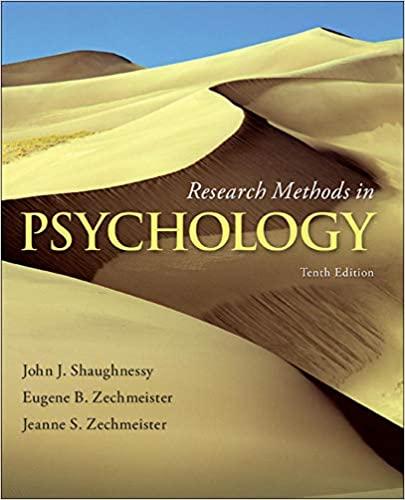In a widely distributed news report in March 2013, researchers linked 180,000 obesity-related deaths worldwide (including about
Question:
In a widely distributed news report in March 2013, researchers linked 180,000 obesity-related deaths worldwide (including about 25,000 in America) to the consumption of sugary beverages such as soda, energy, and sports drinks. Using 2010 data from the Global Burden of Diseases Study collected by the World Health Organization, the researchers investigated obesity-related deaths due to diabetes, cardiovascular disease, and cancer. They also obtained data for the percapita consumption of sugary beverages for the countries in the health study. As sugary-beverage consumption increased, the risk of obesity-related deaths increased. The researchers claimed that overall, 1 in 100 deaths of obese people globally is caused by drinking too many sweetened beverages. Prominent nutritionists have claimed that sugary beverages are a major contributor to the obesity epidemic in the United States. These data have been used by some government officials to call for limits on the size of soft drinks (e.g., New York’s Bloomberg law).
A. The researchers claim that consumption of sugary beverages leads to an increased risk of obesity-related death, and argue that limiting sugary-beverage consumption is an important step in reducing obesity-related deaths. What evidence from this summary can be used to meet the conditions necessary for drawing this causal inference and what evidence is lacking?
B. What sources beyond this summary would you want to check before reaching a conclusion about these findings? (You might begin with www.cnn.com/2013/03/19/health/.sugary-drinks-deaths.)
Step by Step Answer:

Research Methods In Psychology
ISBN: 9780077825362
10th Edition
Authors: John Shaughnessy, Eugene Zechmeister, Jeanne Zechmeister





